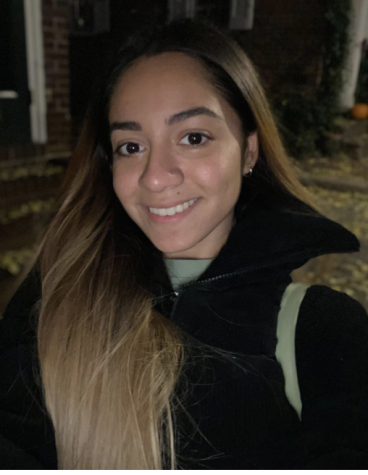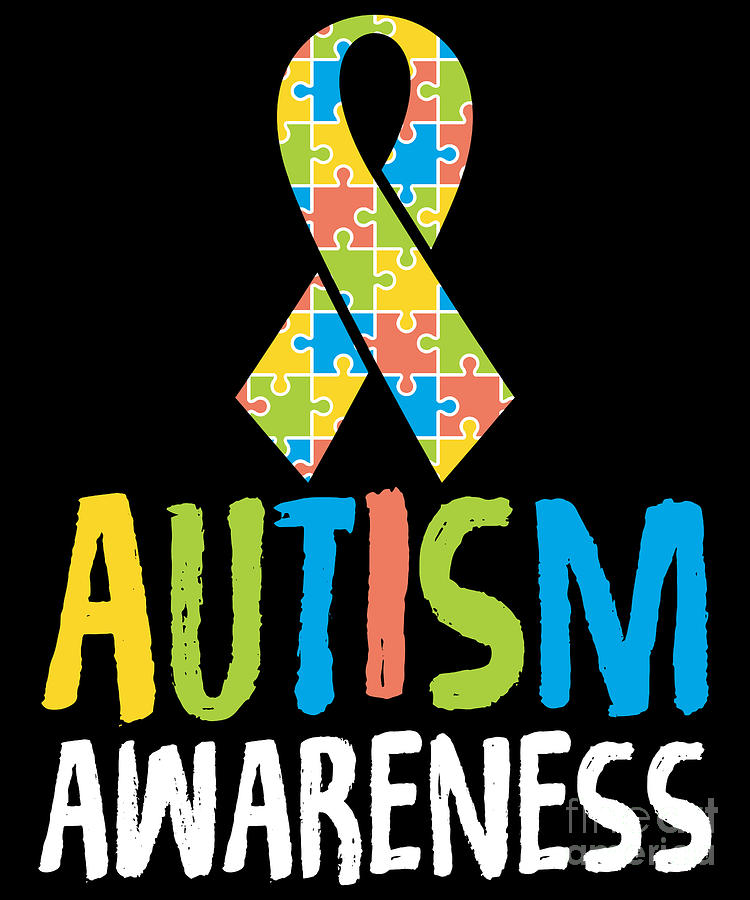Dr. Russell Tobe Lectures On Autism Spectrum Disorder
“If you’ve met one person with autism, you’ve met one person with autism,” said Dr. Stephen Shore, an autism advocate who is on the spectrum.
Russell Tobe, M.D., is the Director of the Clinical Evaluation Center, an adult psychiatrist, and a board-certified child and adolescent psychiatrist, spoke to the Mercy College community at the Dobbs Ferry Campus on April 20. Tobe explained Autism spectrum disorder (ASD) which is a developmental disability caused by differences in the brain and discussed recent diagnoses, prevalence, clinical considerations, and science. He also covered and explained why we should be very careful with our language and slang while talking to a person with autism.
Tobe emphasized the idea of language and mindfulness when speaking to an autistic person. The number one rule is to always identify the first language; meaning something that will separate the individual from the disorder.
Tobe explained this by saying, “You just don’t call an individual with diabetes a diabetic, just like you won’t call someone who has autism an autistic. You have to ask first.”
He claimed that we should always be mindful while referring to an individual with autism. Many individuals do not like being referred to as just their disability. Referring to a person just by their intellectual disability can come across as rude and offensive, that’s why it’s so important to ask before calling a person with autism an “autistic person.”
Another idea that Tobe covered when speaking to an autistic individual is to prevent people from using abstract language, vagueness, jokes, sarcasm, slang, and even nonverbal approaches. This will be hard for people with autism to understand because they cannot comprehend the language or tone you are speaking in. This can lead to confusion and misinterpretation. You can prevent this from happening by simply asking and being mindful of the type of language you use.
These are some tips Tobe mentioned that might help you talk with an autistic individual. First, consider the sensory environment, and make sure the space is not overwhelming, Second, allow time for language processing, it might take a couple more seconds for a response back. Lastly, follow cues and ask when in doubt. Try to follow their cues when you see that your conversation is not flowing. This might help or you can simply ask if you are in doubt.
Another false claim that Tobe was able to clear off the table is that many people believe that autism is a learning disability which in fact is a false claim. Autism is not a learning disability it’s a neurological developmental disability that differs from a learning disability. This is why many people have noticed that in several cases individuals with autism are very smart. Tobe claimed that people who have autism can also have an intellectual disorder and these will be classified into two different categories.
A false claim that sadly has been said over time is, autism is environmental or caused by parenting. This is a false claim because autism is not caused by these factors but is actually a biological factor.
“Parents are not to blame for their children’s autism,” said Tobe
On the bright side many many more parents, teachers, doctors, and communities are more aware of autism. In the year 2000, there was 1 in 150 children to be diagnosed with autism and now it is 1 in 50. Tobe emphasized that is not because more children have autism is because we have improved our identifications which helps us detect autism quicker.
Autism is much more common in boys than girls. The ratio is 4 to 1 in clinical settings and 2 to 1 in community settings. Psychiatrist have improved their clinical evaluations and now they are even able to tell if a toddler has autism. He did mention that a professional psychiatrist is needed to make these evaluations because it is a very challenging evaluation. He mentioned that repetitive patterns in children are usually signs of autism-like hand-flapping, moving excessively, or rocking back and forth.
There is no approved medication for the “core” ASD symptoms but there have been clinical trials and psychopharmacology has tested called the Vasopressin Blocker Clinical Trial where they took 250 autistic men. 127 men were given the medicine called balovaptan and the other half was given a placebo. After a 12-week treatment, the group who was given the balovaptan improved in socialization, communication, and daily living skills. While the other group who was given a simple placebo did not see a difference.
This medication does not work for all individuals with autism but others find it useful for them. Research keeps expanding to improve their evaluation and to better understand the unmet needs of many autistic individuals.

Laura Medina is a Communication Studies major at Mercy College and is 21 years old. She is interested in the Media and Entertainment industry. She would...








